Tocco Report: Marine Materials 2030
Oceans as infrastructures for materials & energy
The oceans are no longer seen only as fisheries or shipping lanes; they are becoming infrastructures for climate solutions, material innovation, and energy systems. Every year, more than 19–23 million tonnes of plastic leak into rivers and seas, while at the same time new ocean farms and tidal platforms demonstrate how the marine environment can become a source of regeneration rather than degradation. This duality, pollution and potential, defines the new age of marine materials.
This Tocco Report follows that transformation across five chapters. Part I examines ocean waste and its recycling into new material flows. Part II focuses on algae and their rapidly scaling bio-based chemistry. Part III turns to shells, chitosan, and fish skins as building blocks for biopolymers and leather alternatives. Part IV examines aquaculture as a biomass platform for food, fertilisers, and next-generation materials. Part V closes with the forces of the sea: energy, minerals, and current-driven systems that unlock power densities far beyond solar or wind. Together, these perspectives form a panorama of how ocean industries are scaling from niche experiments to critical infrastructures.
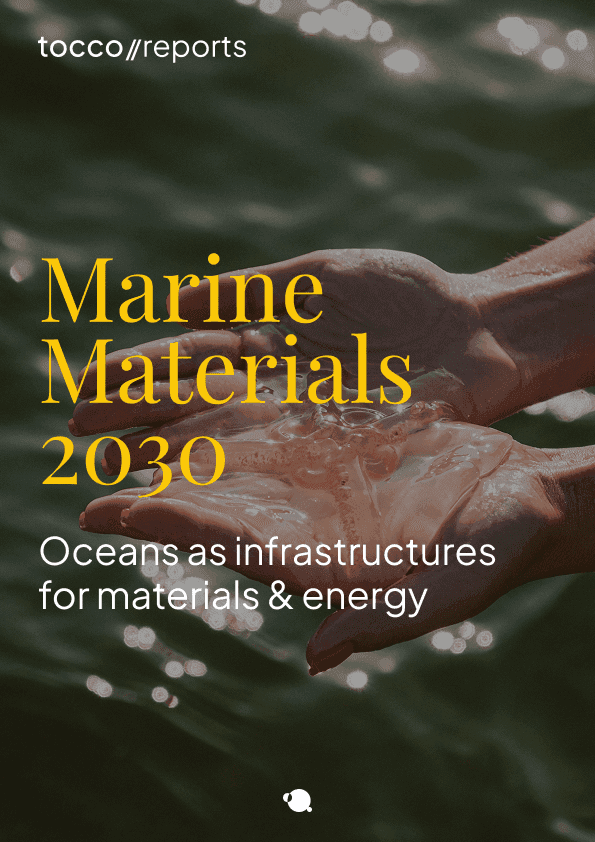
Explore This Report
Start with the Free Version or unlock the Full Report with deeper insights, case studies, and extra content.
- Ocean Waste Materials: Our Impact and Opportunity
- Algae Biopolymers: From Macroalgae Polymers to Bioengineered Microalgae Fibres
- From Shells to Skins: Crustaceans, Chitin & Fish Leather
- Aquaculture & Biorefineries: Scaling Marine Biomass and Carbon Systems
- Forces of the Sea: Energy, Minerals & Marine Systems
- Glossary
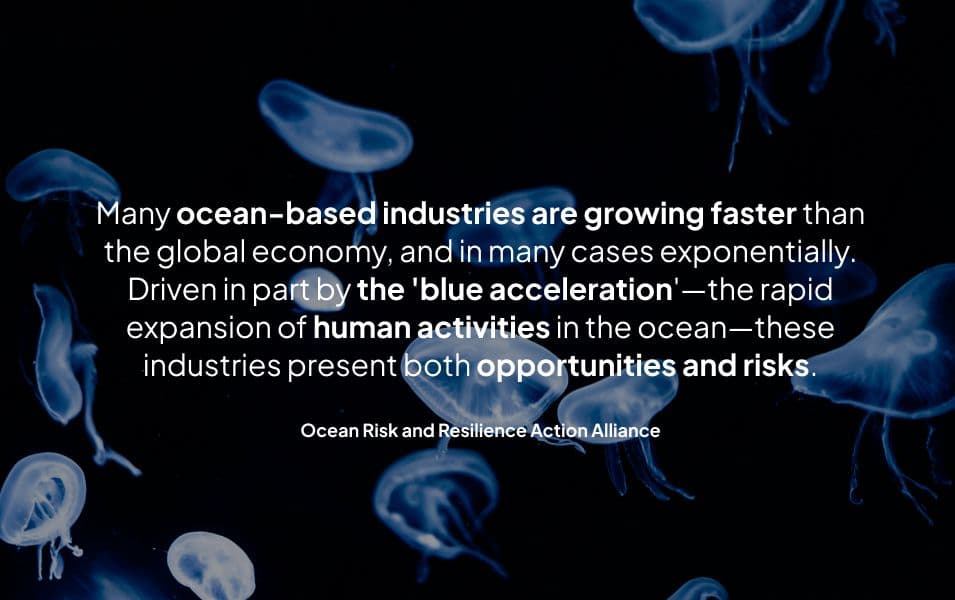
Materials in focus
Explore the innovative materials shaping the future
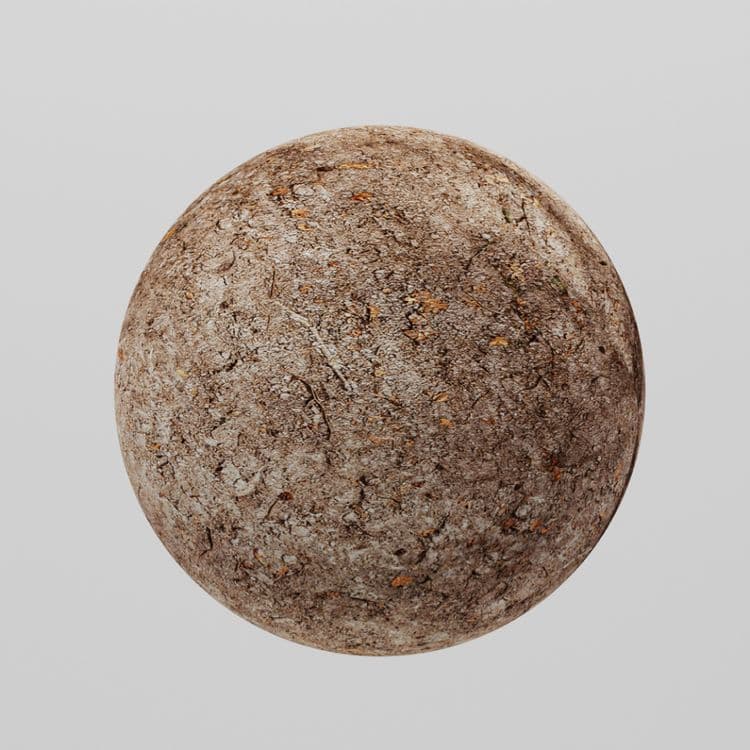
Biodegradable
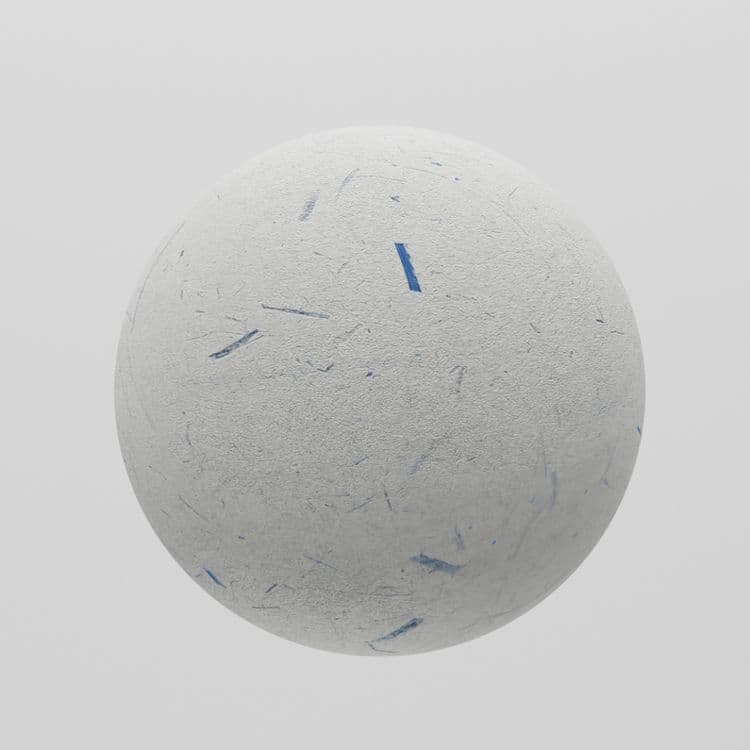
Recycled
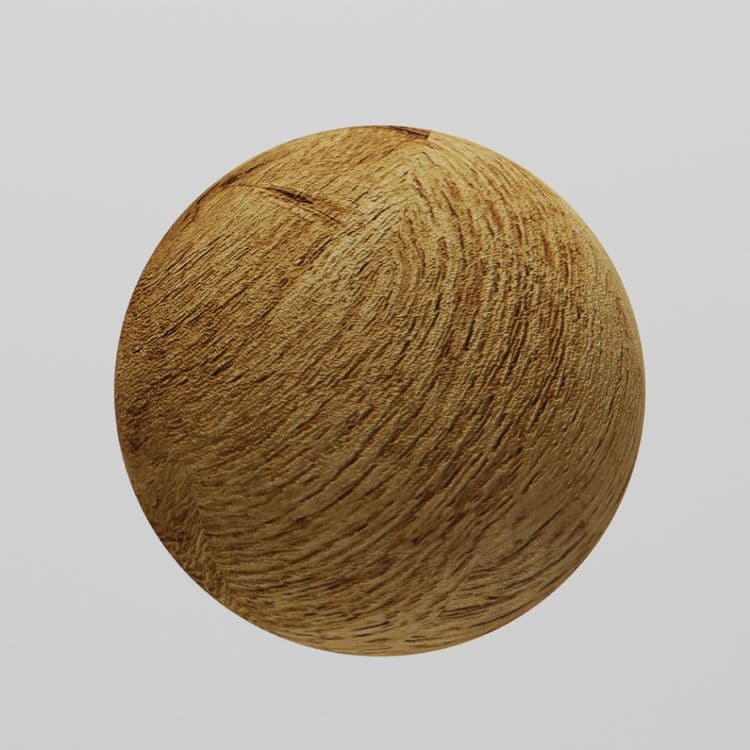
Bamboo
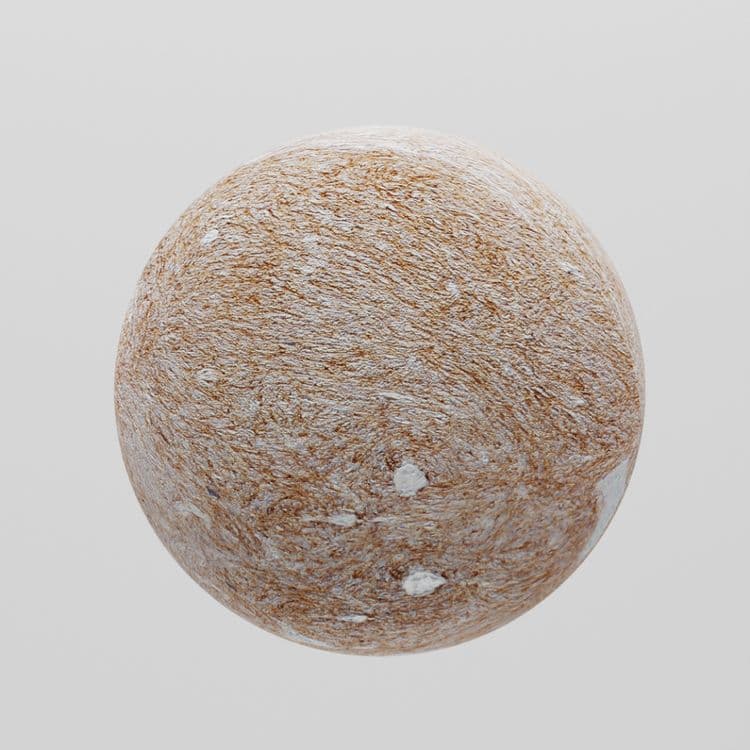
Mycelium
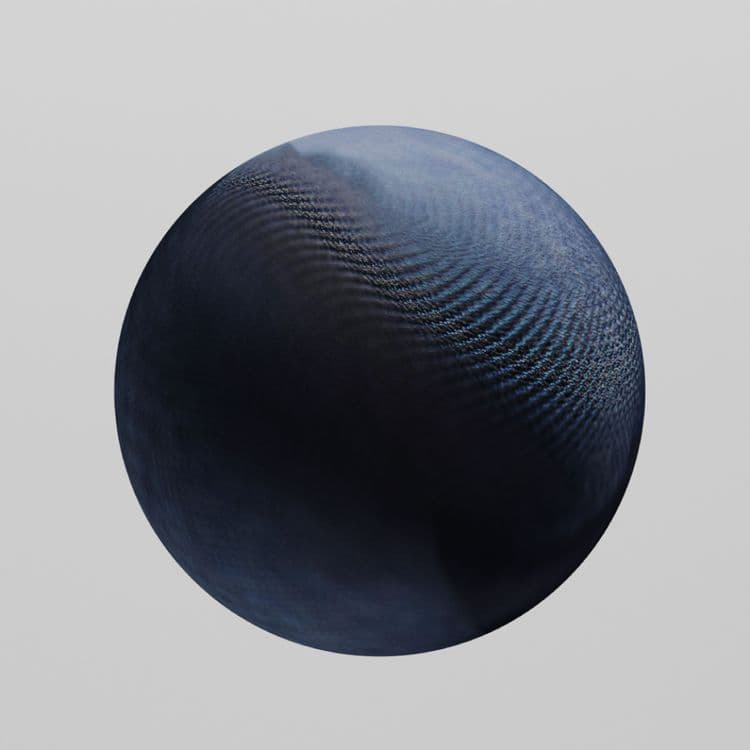
Silk
What's inside?
Tômtex | Vietnam
Smart textiles, responsibly engineered — Tômtex’s WS Series delivers high-performance functional fabrics for outdoor, workwear, and technical apparel. Designed for durability, comfort, and adaptability, these textiles combine innovative fibre blends with production practices mindful of resource use. By bridging material science and circular thinking, the WS Series proves that performance and responsibility can coexist.
 something
somethingOther Available Reports
Expand your knowledge with our curated collection of industry-leading insights
Latest Design Stories
Weekly highlights from our community of innovators and pioneers